Projects
Featured projects
-

Affective Media: Transformations of Public Communication
The study examines the “affective turn” in the media which has marked a series of changes, ranging from the digitalisation of newsrooms and new forms of employment to the...
-
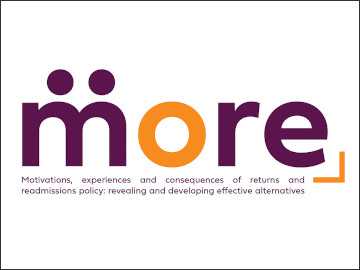
Motivations, experiences and consequences of returns and readmissions policy: revealing and developing effective alternatives (MORE)
The project will examine when and why alternative approaches are or have been implemented and why they have not become the main response to cases of administrative irregularities among...
-

Analysis of online hate speech and disinformation in Slovenia and development of a proposal for action
Identifying and understanding the phenomena of disinformation and hate speech and other forms of socially unacceptable discourse; and developing appropriate indicators, an index or a model for continuous monitoring.
-
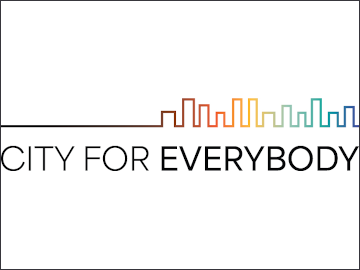
City for Everybody – Building Responsible Action for Inclusive Local Communities (CIFER)
To increase the motivation and readiness of local, educational and NGO communities to respond and intervene in cases of racism, xenophobia and intolerance.
-

FIERCE – Feminist movements revitalizing democracy in Europe
The project’s main goal is to provide theoretical and practical knowledge and tools to revitalize alliance among feminist movement, civil society and political decision makers.
-
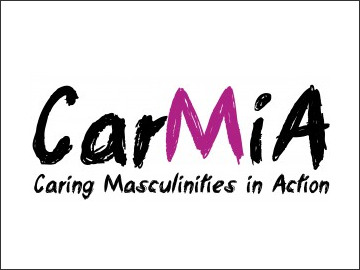
Caring Masculinities in Action (Carmia)
The project deepens existing and develops new perspectives in the Peace Institute's research and activist work on gender equality and masculinity.
-
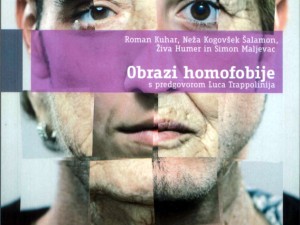
Citizens in Diversity: A Four-Nation Study on Homophobia and Fundamental Rights
Gender, Human Rights and Minorities | Project duration: 1/1/2011 - 31/10/2011General aim is to enhance the understanding of the European dimension of homophobia and discrimination of gays and lesbians.
-
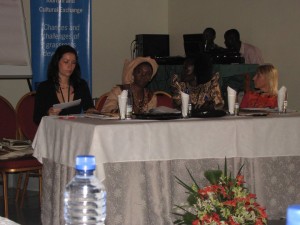
NWC sustainability – socioeconomic engagement and poverty reduction in local community Nyamirambo in Kigali
Gender, Human Rights and Minorities | Project duration: 1/4/2010 - 23/10/2011The project is a meaningful upgrade of the project “Nyamirambo (Kigali) Women’s Centre development.
-

The Cost of Statelessness: A Livelihoods Analysis
Human Rights and Minorities | Project duration: 1/9/2010 - 31/8/2011The project aims to provide empirical insight into the livelihoods of stateless persons.
-
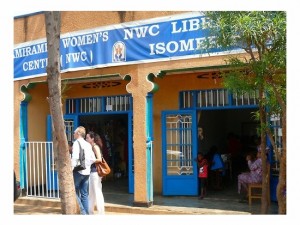
Empowering Nyamirambo Women’s Center
Gender, Human Rights and Minorities | Project duration: 1/1/2009 - 30/6/2011The purpose of the action is the strategic empowerment of Nyamirambo Women’s Center (NWC) to become self-sustainable in long-term.
-

Homophobia in Schools in Eastern Europe
Human Rights and Minorities | Project duration: 1/1/2011 - 31/5/2011The main aim of the seminar is to address how homosexuality is dealt with in (primary and secondary) schools in Eastern Europe.
-
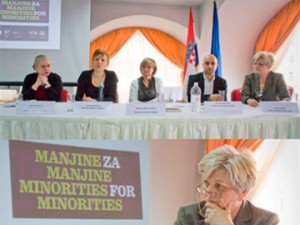
Minorities for Minorities – Good Practices from Western Balkan States
Human Rights and Minorities | Project duration: 1/5/2009 - 31/12/2010To secure effective legal, practical and political frame for enjoyment of minority rights on Western Balkans in line with best practices from EU and Balkan states.
-
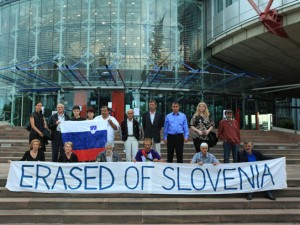
16 Years Later: Political and Legal Aspects of Erasure in Slovenia
Human Rights and Minorities | Project duration: 1/1/2007 - 31/7/2010The conference was dedicated to political and legal aspects of erasure from the register of permanent residents of the Republic of Slovenia.
-
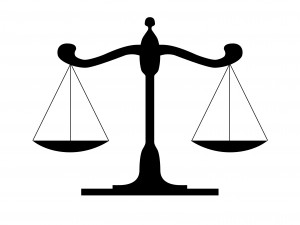
Building Capacity for Pro Bono Work of Lawyers in Slovenia
Human Rights and Minorities | Project duration: 1/6/2008 - 30/6/2010Pro bono practice in matters of vulnerable groups in need of legal assistance.
-

European Criminal Justice Project (ECJP): Towards Cross-Border Solutions to Transnational Problems
Human Rights and Minorities | Project duration: 1/3/2008 - 31/5/2010Cross-border exchanges and dialogue on the application of EU and ECHR standards to arrest, detention, prosecution, trial and criminal sanctions in cross border situations.
-
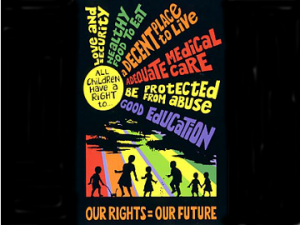
The Role of Non-Governmental Organisations and Volunteers in Protection of Children’s Rights and Human Rights
Human Rights and Minorities | Project duration: 3/2/2010 - 5/2/2010The project contributes to the recognition of models of good practices of developing voluntary work.
